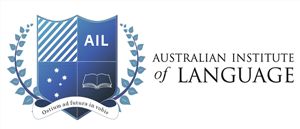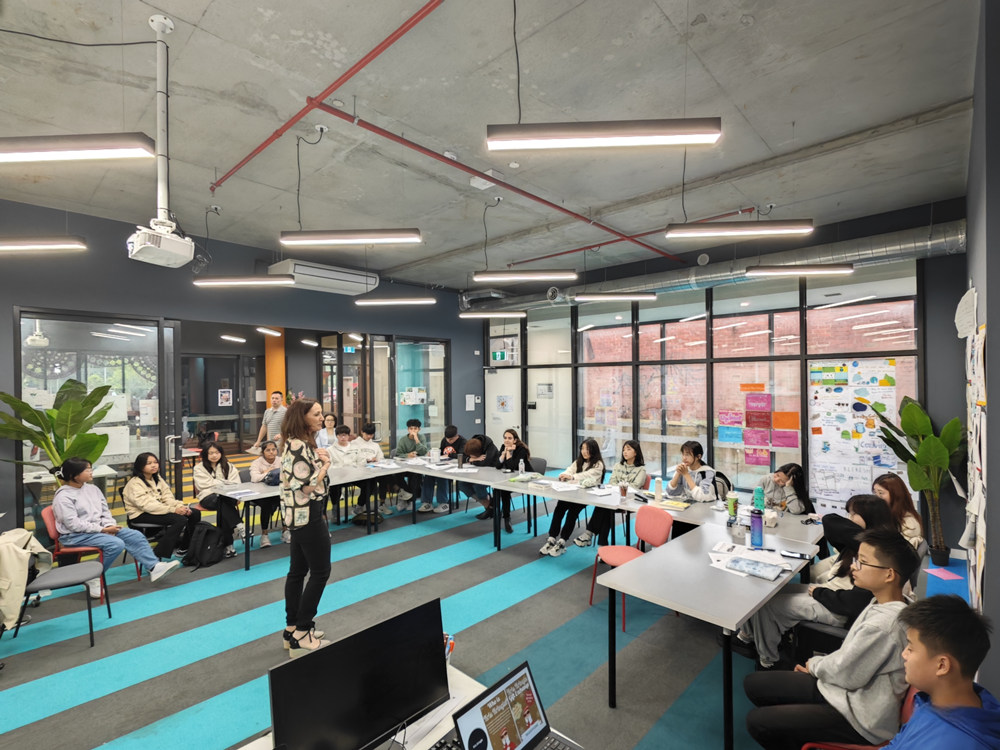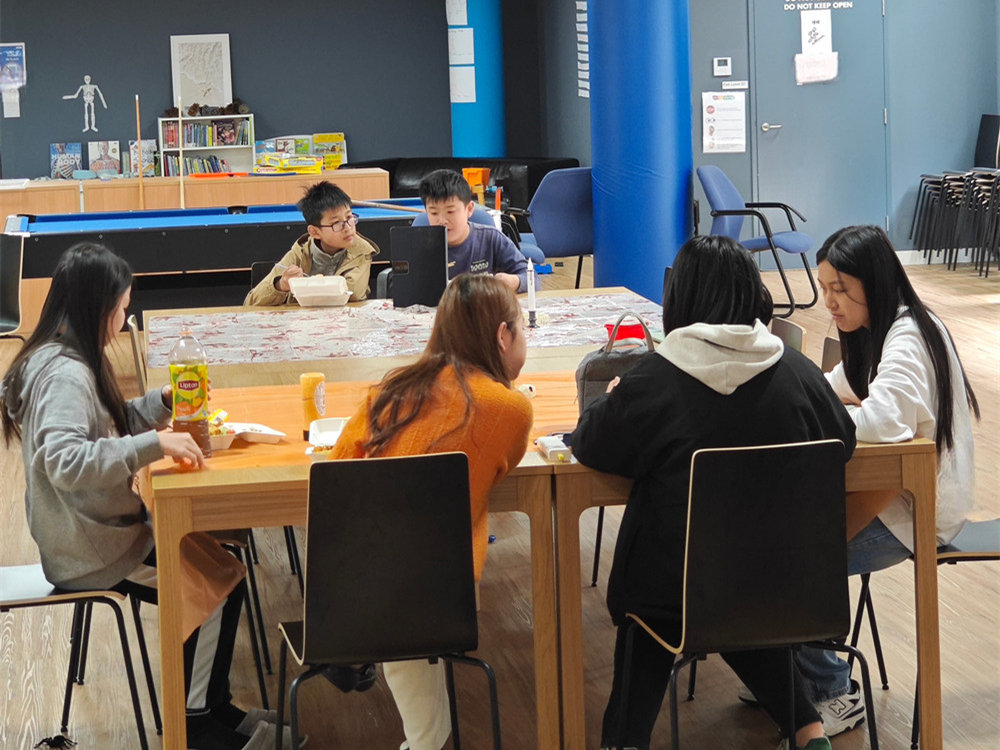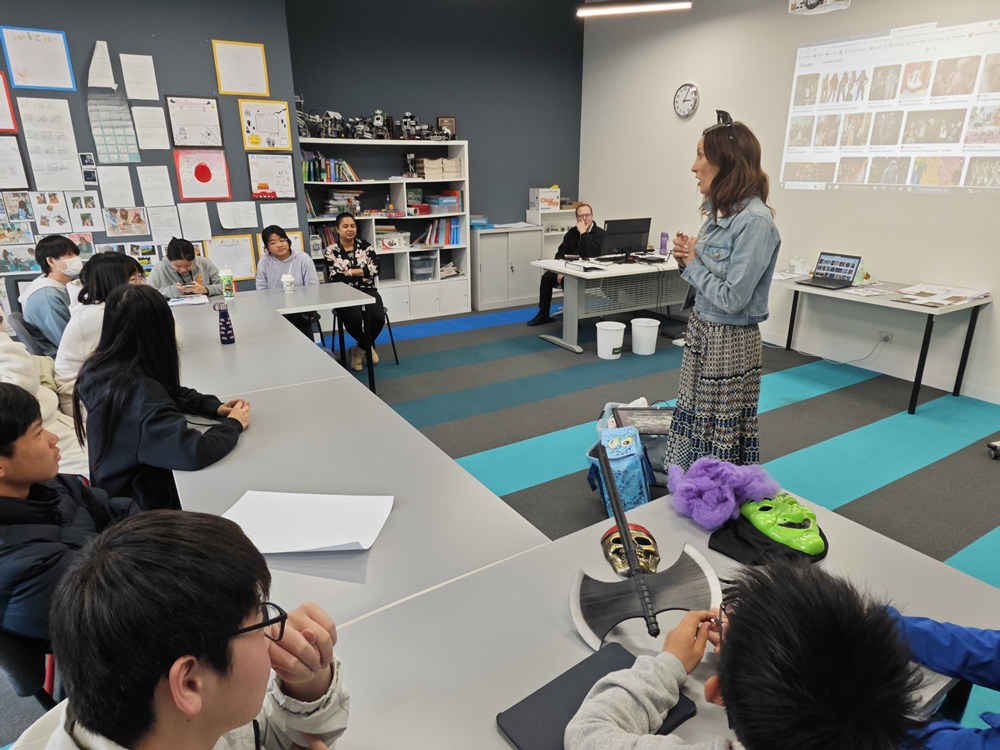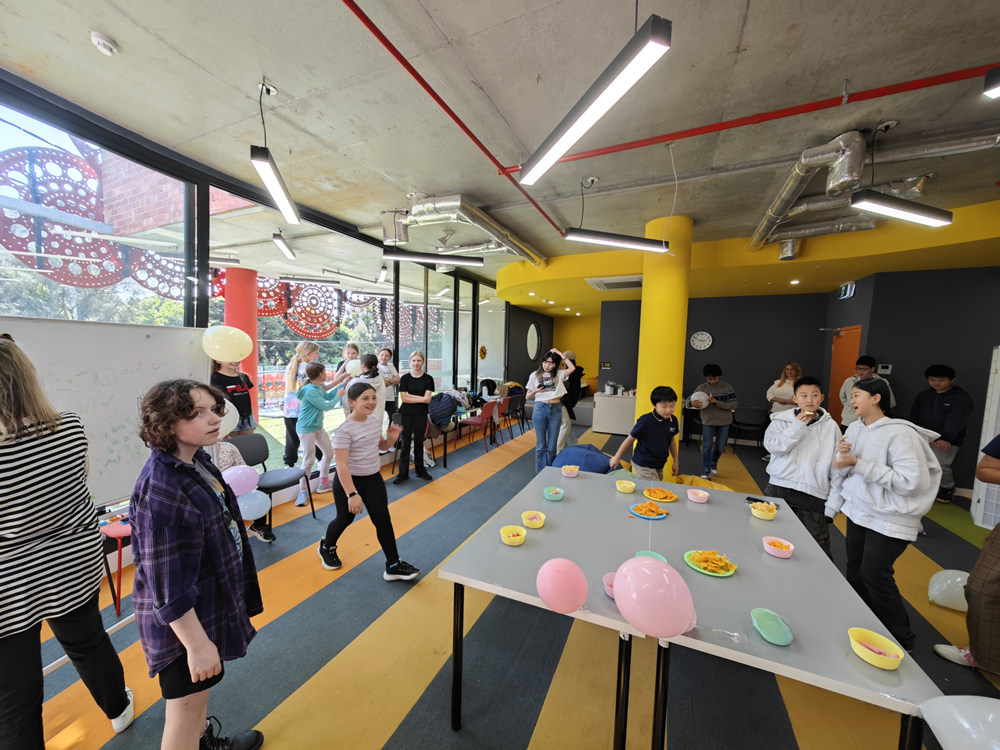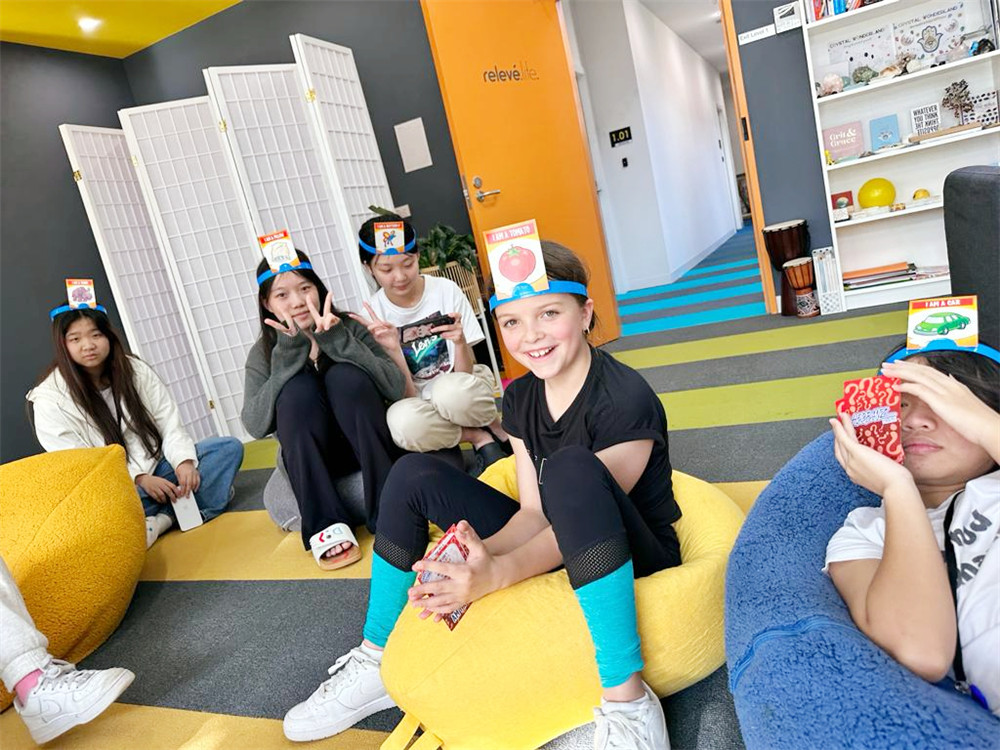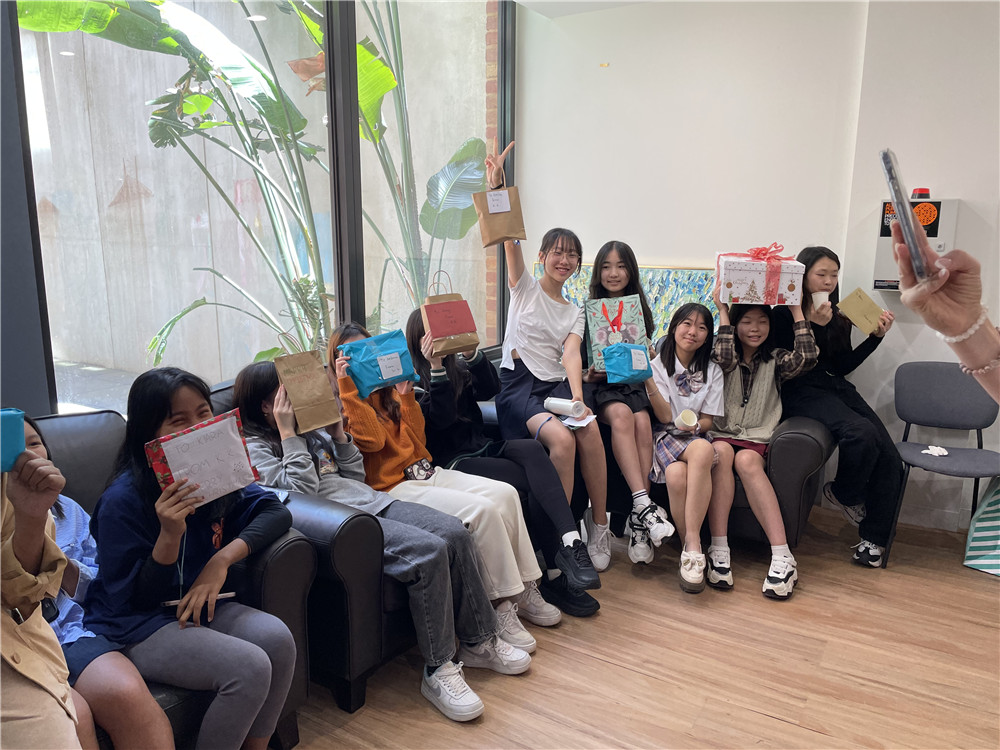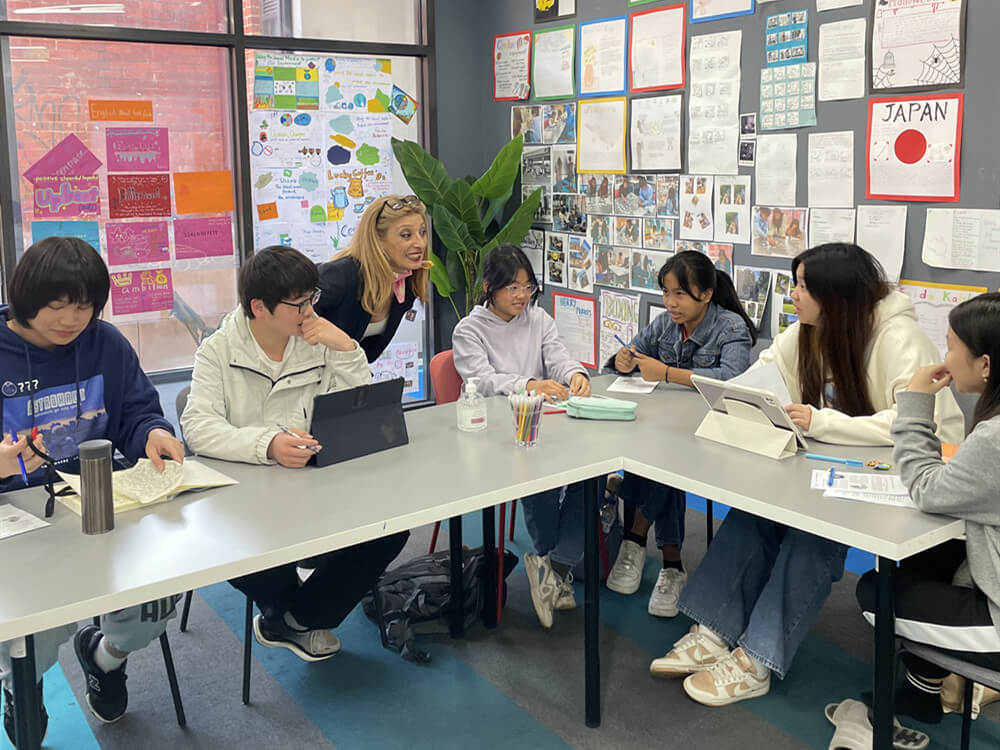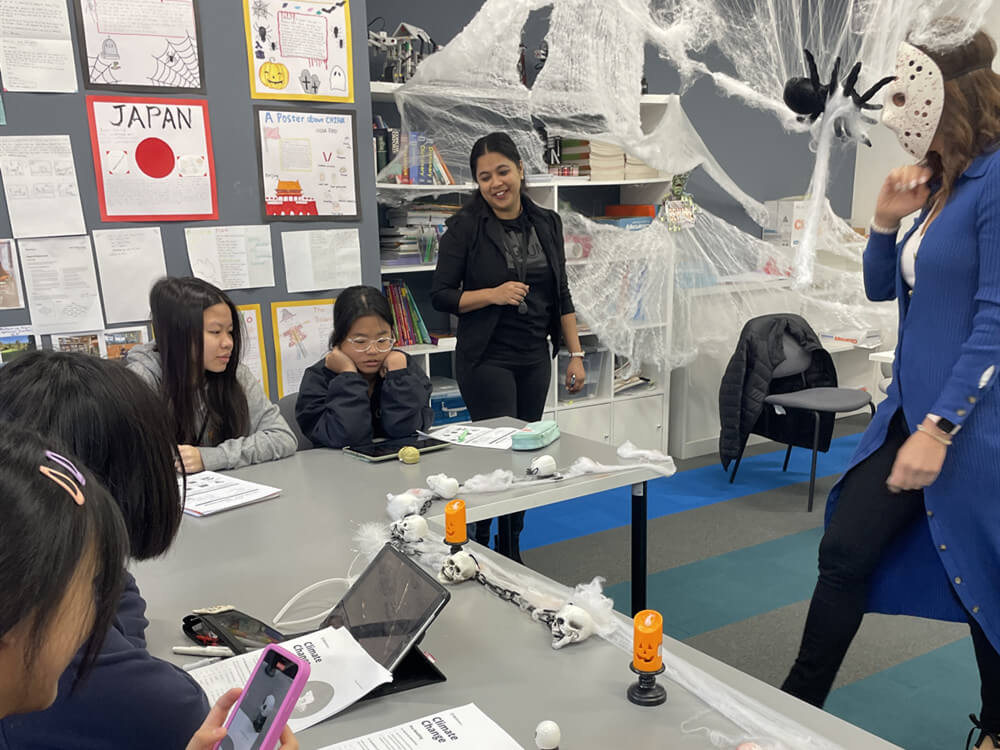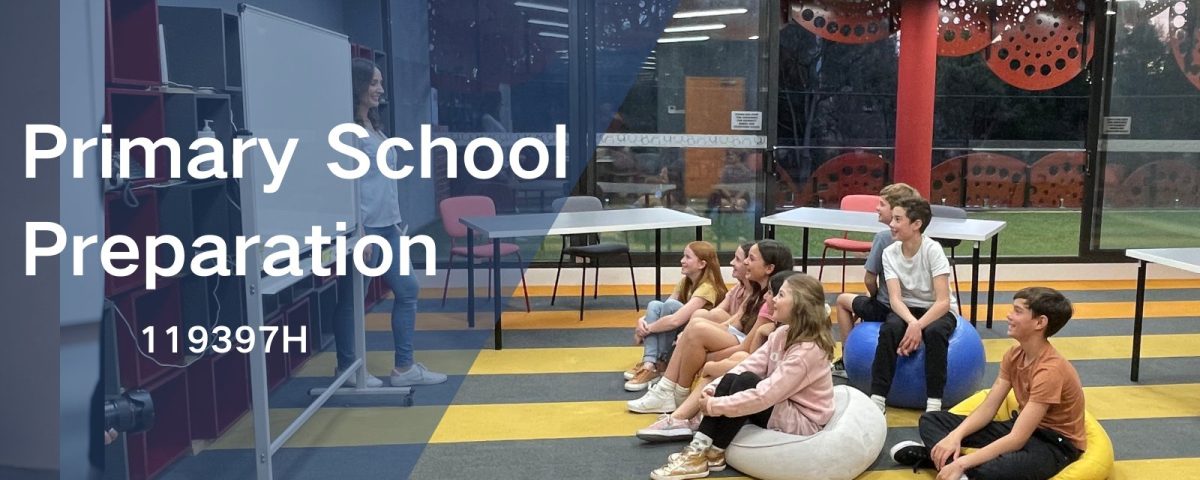
Primary School Preparation
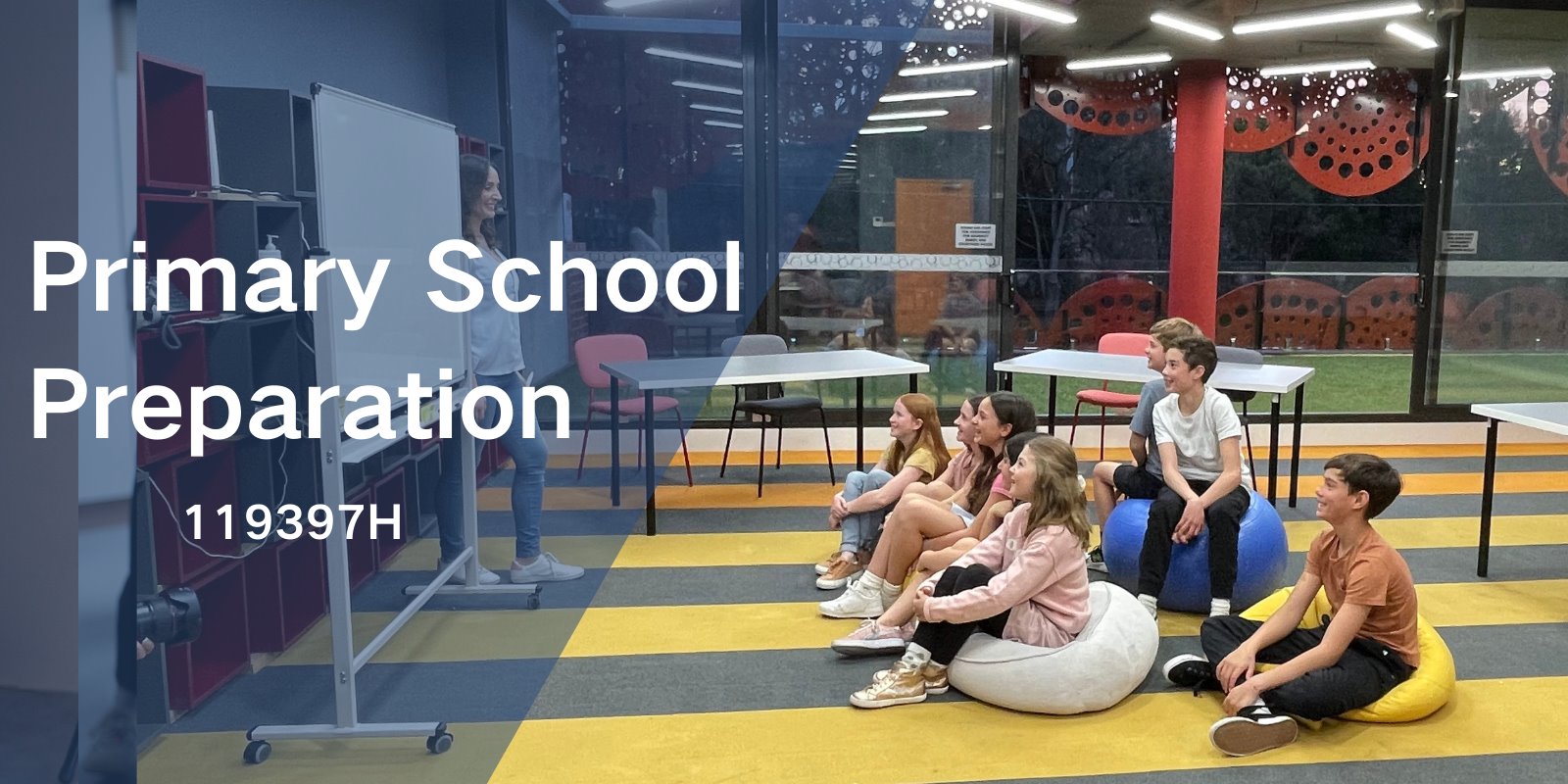
OVERVIEW
The Primary School Preparation (PSP) course at AIL has been developed in response to the growing number of young international students—particularly from countries such as China and Vietnam — entering the Australian education system at the primary level. Many of these students arrive with limited or no English proficiency and require immediate, structured support to transition successfully into mainstream education.
The PSP course provides an “on arrival” program that supports linguistic, academic, and social development over a structured period of 20 weeks, delivered in two 10-week phases. The first phase focuses on building basic interpersonal communication and early literacy skills, while the second phase introduces subject-specific English through a primary schoolstyle curriculum. Students will study English through content-based learning in areas such as Maths, Science, and Humanities.
Upon completion of the program, students will be more confident and capable of participating meaningfully in mainstream classes appropriate to their age group. Ongoing ESL support will remain available to those who need additional help, particularly students entering Grades 4, 5 and 6, ensuring no learner is left behind in their academic journey.

Established in 2012, Australian Institute of Language (AIL) is one of Australia’s most enduring providers of English language training and testing.
AIL is a
- Registered Training Organisation / CRICOS Provider
- Official IELTS Test Centre
- ETS Authorised TOEFL iBT Test Centre
- NEAS Quality Endorsed Centre
- NAATI Endorsed Training Provider
- AEAS Official Course Partner
AIL focuses on quality education and student satisfactions. With advanced teaching facilities, experienced teachers, and supportive staff, AIL has a clear goal in helping students improve English and quickly and smoothly adapt their future study life in Australia.
LEARNING OBJECTIVES
The PSP course aims to:
- Develop foundational English language skills in listening, speaking, reading, and writing.
- Introduce students to academic language and concepts across core primary school subjects.
- Build essential study habits, such as following instructions, asking questions, and completing basic research tasks.
- Support social integration by promoting classroom routines, peer collaboration, and Australian school norms.
- Prepare students emotionally and socially for participation in a new cultural and educational environment.
COURSE STRUCTURE AND CONTENT
The course is delivered over 20 weeks and includes:
- Core English Language Skills (60%): Vocabulary, phonics, grammar, and conversation practice.
- Subject-based English (20%): Introduction to English used in Maths, Science, and Humanities.
- Classroom and Study Skills (10%): Note-taking, time management, basic presentation skills.
- Cultural Familiarisation and Social Skills (10%): School routines, teamwork, and understanding expectations in Australian classrooms.
PROGRAM SNAPSHOT
Course Name: Primary School Preparation (PSP)
CRICOS Course Code: 119397H
Level: PSP Level 1 / PSP Level 2
Entry requirements:
Entry to the Primary School Preparation (PSP) course is open to young international students who have received conditional or full acceptance into an Australian primary school. As entry to Australian schools is not dependent on standardised English testing for this age group, formal language requirements are not mandatory.
English Language Entry Requirements:
Nil formal requirement. Students are assessed internally on arrival using a placement assessment aligned to the Victorian Curriculum F-10. Students entering this course typically range from Level 2 to Level 4. While the course uses the licensed JPIC curriculum.
Academic Entry Requirements:
Students should have completed at least two years of primary schooling in their home country or overseas system.
Age: The course is designed for learners aged 9 to 12 years, typically entering Years 4, 5, or 6 of the Australian primary curricula.
Course duration: upto 20 weeks
Intake Dates: Every Monday
Class times:
Day classe: 09:00AM – 15:00PM
*Timetable subject to change
Minimum enrollment: 5 weeks
Delivery mode:
Face-to-Face, 25 hours/week (Monday to Friday)
Course Delivery Location:
Melbourne Intercultural Learning Centre-MILC
6 Spink St, Brighton VIC 3186
TIMETABLE
*The timetable is subject to change on a weekly basis, depending on the teaching plan and learning objectives.
|
Period |
Time |
Topic |
|
|
Period 1 |
9:00 – 10:00 |
English – Listening 1 |
Diagnostic test Numbers & Addresses |
|
Period 2 |
10:00 – 11:00 |
English – Reading 1 |
Diagnostic test & Course outline |
|
|
11:00 – 11:10 |
Recess |
|
|
Period 3 |
11:10 – 12:10 |
English – Writing 1 |
Diagnostic test Verbs for sentences |
|
|
12:10 – 13:00 |
Lunch |
|
|
Period 4 |
13:00 – 14:00 |
English for Mathematics 1 |
Decimals I |
|
Period 5 |
14:00 – 15:00 |
English – Speaking 1 |
Self-introduction |
|
Period |
Time |
Topic |
|
|
Period 1 |
9:00 – 10:00 |
English – Listening 2 |
Yes & No (Topic: What I like/dislike) |
|
Period 2 |
10:00 – 11:00 |
English – Reading 2 |
What good readers do – overview Finding key words I |
|
|
11:00 – 11:10 |
Recess |
|
|
Period 3 |
11:10 – 12:10 |
English for Science 1 |
Our body I |
|
|
12:10 – 13:00 |
Lunch |
|
|
Period 4 |
13:00 – 14:00 |
English – Writing 2 |
Identify adjectives in a sentence |
|
Period 5 |
14:00 – 15:00 |
English for Mathematics 2 |
Decimals II |
|
Period |
Time |
Topic |
|
|
Period 1 |
9:00 – 10:00 |
English – Speaking 2 |
Describe a picture I (The use of Ws + Hs) |
|
Period 2 |
10:00 – 11:00 |
English – Listening 3 |
Yes & No (Topic: Does he agree with her?) |
|
|
11:00 – 11:10 |
Recess |
|
|
Period 3 |
11:10 – 12:10 |
English – Listening 3 |
|
|
|
12:10 – 13:00 |
Lunch |
|
|
Period 4 |
13:00 – 14:00 |
English for Humanities |
What makes a government? |
|
Period 5 |
14:00 – 15:00 |
English – Reading 3 |
What good readers do – overview |
|
Period |
Time |
Topic |
|
|
Period 1 |
9:00 – 10:00 |
English – Speaking 3 |
Describe a picture II |
|
Period 2 |
10:00 – 11:00 |
English – Reading 4 |
Guided reading exercise |
|
|
11:00 – 11:10 |
Recess |
|
|
Period 3 |
11:10 – 12:10 |
English – Writing 4 |
Diagnostic test Conjunctions |
|
|
12:10 – 13:00 |
Lunch |
|
|
Period 4 |
13:00 – 14:00 |
English for Science 2 |
Our Body II |
|
Period 5 |
14:00 – 15:00 |
English – Reading 5: |
Vocabulary Extension - VOCAB diary |
|
Period |
Time |
Topic |
|
|
Period 1 |
9:00 – 10:00 |
English – Writing 5 |
Grammar Extension Quiz: Conjunctions |
|
Period 2 |
10:00 – 11:00 |
English – Writing 6 |
Grammar Extension Writing review |
|
|
11:00 – 11:10 |
Recess |
|
|
Period 3 |
11:10 – 12:10 |
Australian Studies |
Uluru |
|
|
12:10 – 13:00 |
Lunch |
|
|
Period 4 |
13:00 – 14:00 |
Sports |
Footy |
|
Period 5 |
14:00 – 15:00 |
Weekly Unit Assessment |
Unit 1 formative assessment |
FEATURES
Six Reasons that Parents Choose AIL
FEES

*promotional fees may be applicable from time to time. Please contact us for further information. Tuition fees can be subject to change.
>>Fee, charge and refund policy

ON CAMPUS BOARDING
The AIL MILC Campus offers a safe, comfortable, and enriching boarding experience for our students. Conveniently located in Melbourne’s beautiful Bayside area, just a two-minute walk from Gardenvale Station and close to tram and bus routes, MILC provides exceptional convenience and accessibility.
The campus accommodates 46 students, with separate dormitory floors for boys and girls. A dedicated on-site kitchen serves breakfast, lunch, and dinner seven days a week, offering a balanced menu that blends traditional Asian cuisine with modern Australian dishes — ensuring our boarding students enjoy nutritious, high-quality meals with plenty of variety.
To ensure students’ safety and wellbeing, MILC provides 24/7 care and supervision, with an on-site building manager and resident carers who live on campus.
Students can relax and socialise in a range of recreational areas, including spaces for watching movies, reading, playing table tennis or pool, and enjoying board and card games. In addition, AIL organises a variety of extracurricular activities during the week and Saturday excursions, giving students opportunities to explore Melbourne’s rich culture, attractions, and community life.
